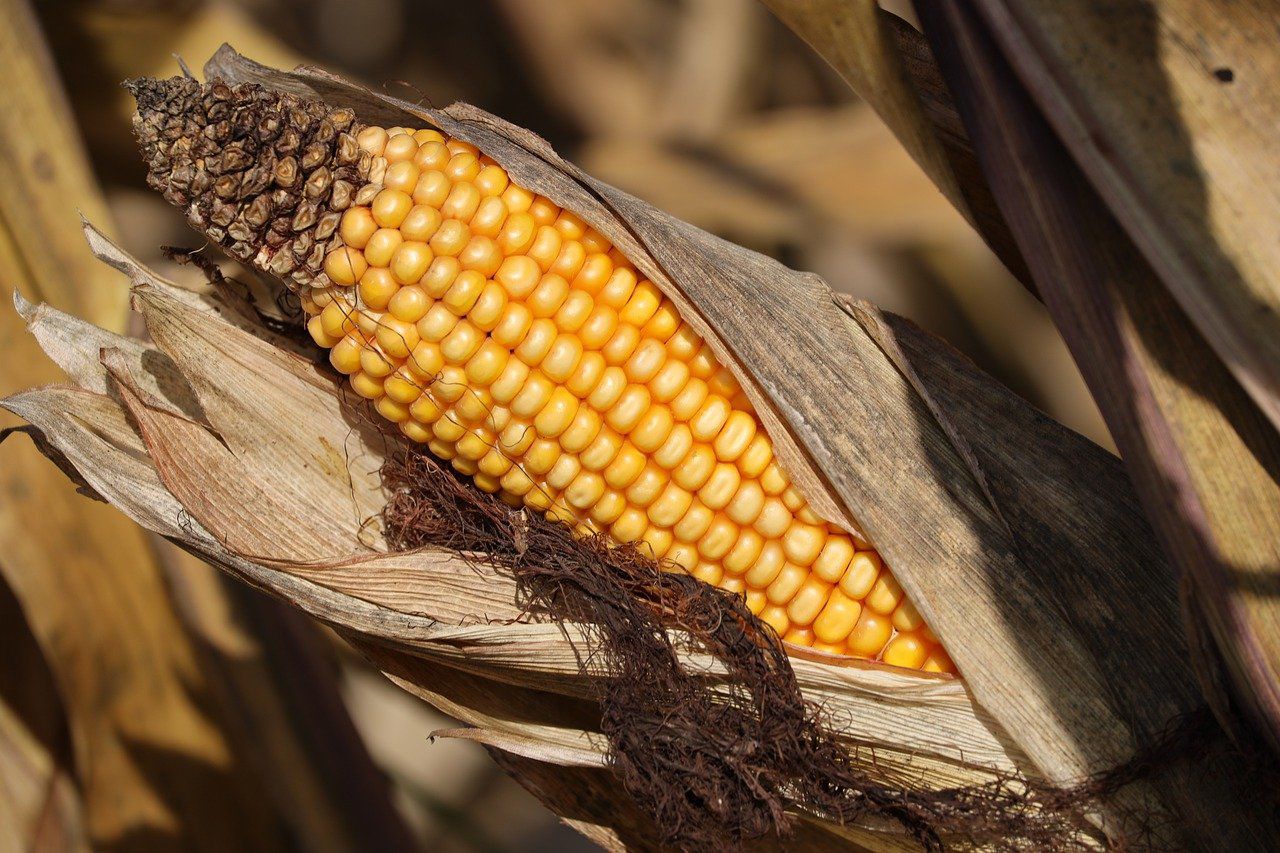You might think that gardeners and farmers always want to get their harvest as huge as possible, but it's not always true.
In fact, they often need crop rationing to limit their crops, because it can be quite beneficial.
Here are a few reasons why crop rationing is a thing.
Fair Distribution
One of the primary goals of crop rationing is to ensure a fair and equitable distribution of crops among the population.
Without rationing, there is a risk that certain individuals or businesses with more resources could buy up all available crops, leaving others with limited access.

Rationing prevents this by setting limits on how much each person or entity can obtain.
Preventing Shortages
In situations where the demand for a particular crop is high, and the supply is limited, there is a risk of shortages.
Rationing helps prevent these shortages by controlling how much of the crop is used.
By distributing it more evenly, everyone can access at least a minimum amount, even when supplies are low.
Price Control
Rationing can also help control the prices of crops. When demand outstrips supply, prices can skyrocket.
Rationing ensures that prices remain stable and affordable for everyone, reducing the risk of price gouging during times of scarcity.
Emergency Situations
During times of crisis, such as wartime or natural disasters, certain crops may become scarce.
Crop rationing plays a crucial role in ensuring that essential crops are available to meet the most critical needs, such as feeding the population or supporting the war effort.
Preventing Waste
Rationing can help reduce waste by discouraging overconsumption.
When individuals or businesses are aware that there are limits on what they can obtain, they are less likely to waste or hoard crops.









